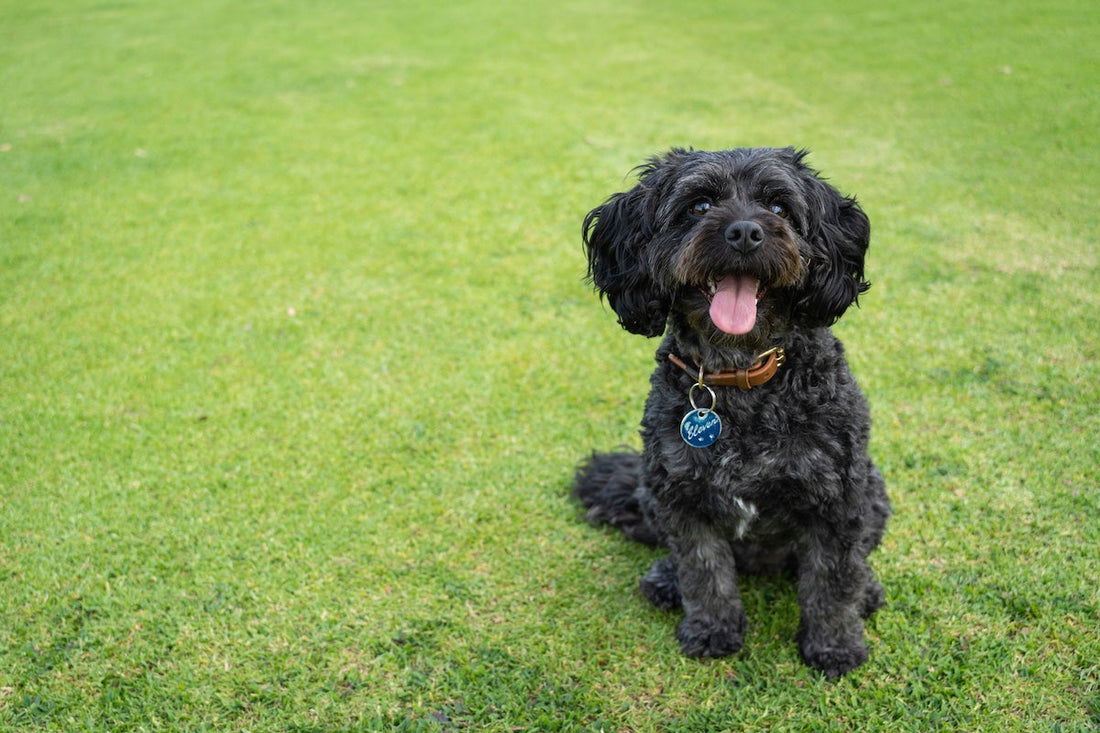Top 10 Puppy Training Tips

Training a puppy starts from the moment you bring them home. After all, you don’t want them to develop any naughty habits that will be too hard to break. To make sure you are prepared for their arrival, we have put together our top tips on puppy training. Keep reading to find out how to raise a happy, healthy and well behaved puppy.
1. Find their motivator
Before you start training sessions, you need to figure out what makes your puppy’s tail wag. Whether it’s the delicious taste of a treat or the irresistible squeak of a toy, understanding what truly drives them is key. This will help to turn training into an enjoyable and rewarding experience, improving their engagement in every session. Taking the time to get to know your puppy’s wants will not only strengthen your bond, but help to unlock their full potential.
We have found many puppies enjoy our range of nutritious treats. From turkey and pork to carrot and fish, we have a selection of flavours to choose from when buying training treats for your puppy.
2. Use positive reinforcement
By using positive reinforcement, you can create a learning environment filled with encouragement. Rewarding those desired behaviours with puppy training treats, praise and affection will help your puppy to associate training sessions with positive experiences. This can encourage your puppy to participate, knowing that their efforts will be met with reward. Taking this approach will turn your puppy into a well behaved dog in no time.
3. Avoid enforcing punishments
Punishment can lead to anxiety, fear and even aggression in your puppy. Shouting at your puppy can have a huge impact on their development, and can make it difficult for your puppy to trust you in the future. Even if your puppy has problem behaviours, it’s important you remain positive throughout the training process. By creating a supportive environment, you can encourage your puppy to participate in training, breaking those bad habits before they develop.
4. Redirect their attention
Instead of raising your voice when your puppy does something wrong, try redirecting their attention. For example, if your puppy starts biting chair legs, distract them with chew toys. Consistently guiding your puppy towards more positive behaviours will help develop their self-control, leading to a more obedient dog in the future.
5. Maintain a positive attitude
Puppies are incredibly perceptive, so it’s important you begin training with a positive mindset. Your attitude will directly influence the environment, and can have an impact on your puppy’s willingness to learn. Staying positive will help you be resilient during any setbacks, whilst providing your puppy with the confidence to make mistakes.
6. Start with the basics
Basic training is an opportunity to build a relationship with your new puppy. By focusing on basic commands such as sit, stay and lie down, you can establish clear communication from the very beginning. It also provides a foundation for more advanced training sessions. Investing the time into teaching basic obedience will leave you with an attentive young dog.
7. Remove any distractions
Puppies are naturally curious, which means they are easily distracted by their surroundings. To ensure your puppy remains focused, you will need to create a distraction free environment. This will not only allow them to fully engage in the training, but should help them to retain the information you’re teaching. As your puppy progresses, you can add controlled distractions to your training sessions to test their impulse management.
8. Keep sessions short
It doesn’t take long for puppies to become bored. Keeping training sessions short is essential for maintaining their engagement and enthusiasm. Whether you are leash training or potty training, try to keep sessions between 10-15 minutes. This will ensure your puppy stays focused throughout the duration of the session. After all, it is better to have multiple short and successful sessions instead of one long and exhausting session.
9. Be consistent
Being consistent is key to successful puppy raising. By using the same commands, gestures and rewards, you can help your puppy understand what is expected of them. This prevents mixed signals that could hinder the progress of your puppy. Make sure that any family members involved in the training process remain consistent, to avoid confusing your puppy with different training methods.
10. Set realistic goals
The final tip for new dog owners is to set realistic goals. Unfortunately, your new puppy is going to have accidents and make mistakes. By setting achievable goals, you can prevent any frustration for you or your puppy. Celebrating every milestone will help to boost your puppy’s confidence, creating a positive learning environment. This will not only keep your puppy motivated, but help to build a strong bond between you and your furry friend.
